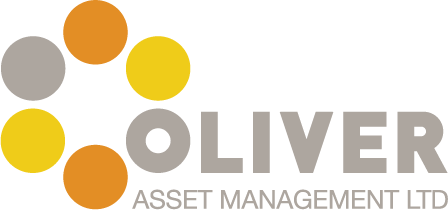What would happen to you and your family if you became ill and were unable to work for some time?
We are able to tell you how this scenario might play out with our wealth modelling capabilities.
In the example below I will demonstrate how the Example family’s cash flow and liquid assets are affected. This particular Mr Example is the sole breadwinner for a family with three children. There are a multitude of different scenarios but this one allows me to illustrate the simulation effectively.
The details:
Mr and Mrs are 41 with three kids at primary age. Mr has a salary of £80,000, they have cash savings of £40,000, investments of £50,000, he has a pension fund of £50,000. They have a house worth £400,000 with a mortgage of £300,000. Annual expenses are £53,000 including extensive mortgage repayment. Various events such as university fees and expected wedding payments are scheduled into the plan.
The scenario:
Four years down the line Mr falls meaning he cannot work for two years.
From the cash flow chart we can see the savings and investments are called into action and dry up before the second year is out.
From the liquid assets chart we can see again the savings and investments drying up (orange) leaving the pension (brown) left and this cannot be touched. Note also the implication on retirement: liquid assets are £300,000 less than they are in the top chart at retirement age, and the ultimate effect at mortality is considerable.
Income protection cover typically pays up to 75% of your income in situations like this. Please consider your own situation and how your planning might be affected in the event you couldn’t work for a period of time.
This is one of the many scenarios we consider when producing a client’s wealth management plan. If you feel your planning would be seriously affected by an unexpected illness, then please contact us.
Malcolm Stewart
